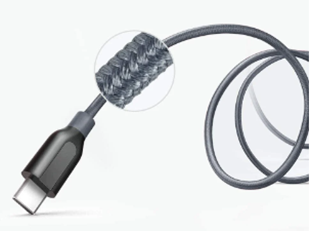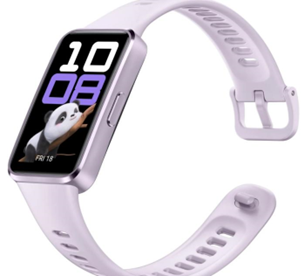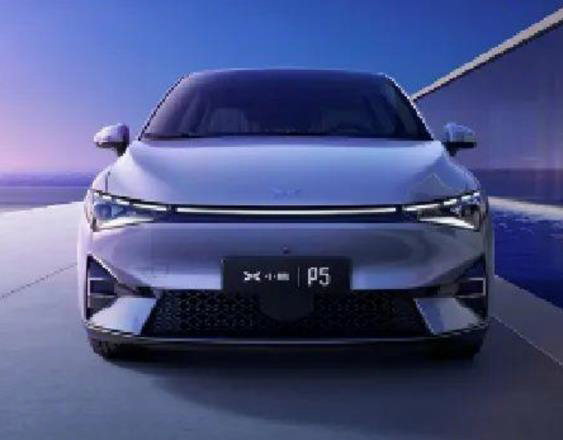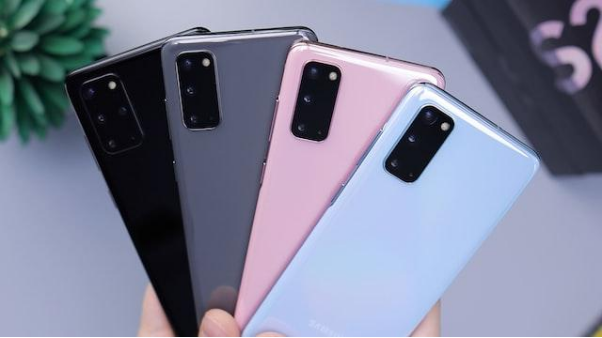The Benefits of Using USB-C Over Other USB Types
In our increasingly digital world, the need for efficient, high-speed connections has become more crucial than ever. Enter USB-C, the latest evolution in USB technology that promises to revolutionize the way we connect our devices. As we transition from older USB types such as USB-A, USB-B, and Micro USB, understanding the numerous benefits of USB-C is essential for anyone looking to optimize their tech experience. In this article, we will explore the advantages of using USB-C over other usb cable types and why it has become the preferred choice for many devices.
Why USB-C is Better than Other Types
Reversible Design
One of the most user-friendly features of USB-C is its reversible design. Unlike previous USB types, which required users to orient the connector in a specific way, USB-C connectors can be inserted in any direction. This eliminates the frustration often associated with plugging in a device, especially in low-light environments. The simplicity of the USB-C design enhances user experience and reduces wear and tear on both the cable and the port over time.

Faster Data Transfer Speeds
USB-C supports faster data transfer rates compared to its predecessors. While USB 2.0 offers speeds up to 480 Mbps and USB 3.0 provides speeds up to 5 Gbps, USB-C can support USB 3.1 and USB 3.2 standards, allowing for data transfer speeds of up to 20 Gbps and even 40 Gbps with Thunderbolt 3 compatibility. This capability is particularly beneficial for professionals who deal with large files, such as video editors, graphic designers, and data analysts. The ability to transfer large amounts of data quickly can significantly improve workflow efficiency.
Higher Power Delivery
USB-C isn’t just about data transfer; it also supports higher power delivery. Standard USB connections typically provide limited power output, making them less effective for charging larger devices. USB-C, however, can deliver up to 100 watts of power, enabling it to charge laptops, tablets, and other power-hungry devices much faster compared to older USB types. This capability means fewer chargers are needed, and devices can be charged more efficiently and effectively.
Universal Compatibility
One of the standout benefits of USB-C is its universal compatibility. USB-C is designed to be a one-size-fits-all solution for various devices, including smartphones, laptops, tablets, and peripherals. This universality reduces the need for multiple types of cables and adapters, making it easier for users to manage their tech setups. As more manufacturers adopt USB-C as the standard connection type, users can expect greater compatibility across a wider range of devices.
Support for Multiple Functions
USB-C is incredibly versatile, supporting a variety of functions beyond just charging and data transfer. It can also transmit audio and video signals, allowing users to connect their devices to external displays, projectors, and monitors. This capability makes USB-C an excellent choice for presentations and multimedia applications. With a single USB-C connection, users can connect to a wide range of peripherals, streamlining their workstations and reducing clutter.
Enhanced Durability
Compared to older USB types, USB-C connectors are designed for enhanced durability. They feature a robust construction that can withstand repeated use without degrading. The improved design of USB-C ports and cables reduces the likelihood of damage from frequent plugging and unplugging, ensuring a longer lifespan for both the connector and the device. This durability is particularly beneficial in environments where devices are frequently connected and disconnected.

Future-Proofing Your Tech
As technology continues to evolve, USB-C is set to remain a relevant and essential connection type. Many new devices, including flagship smartphones, laptops, and tablets, are adopting USB-C as the standard. By investing in USB-C technology now, users can future-proof their setups and ensure compatibility with upcoming devices and standards. This foresight eliminates the need for constant upgrades and replacements of cables and chargers as technology advances.
Eco-Friendly Solution
Adopting USB-C can also contribute to a more eco-friendly approach to technology. By reducing the number of different cables and chargers needed, USB-C helps decrease electronic waste. As a universal solution, USB-C promotes sustainability by encouraging manufacturers to standardize their products, ultimately leading to less waste and a smaller carbon footprint.
Conclusion
In summary, the benefits of using USB-C over other USB types are numerous and compelling. From its reversible design and faster data transfer speeds to its higher power delivery and universal compatibility, USB-C offers a level of convenience and functionality that previous USB types cannot match. Additionally, its versatility, durability, and ability to future-proof technology make it an essential component of any modern tech setup. As we continue to embrace this innovative connection type, users can enjoy a more efficient and connected experience, paving the way for a seamless integration of technology in our daily lives. Embracing USB-C is not only a smart choice for today but also an investment in the future of connectivity.








